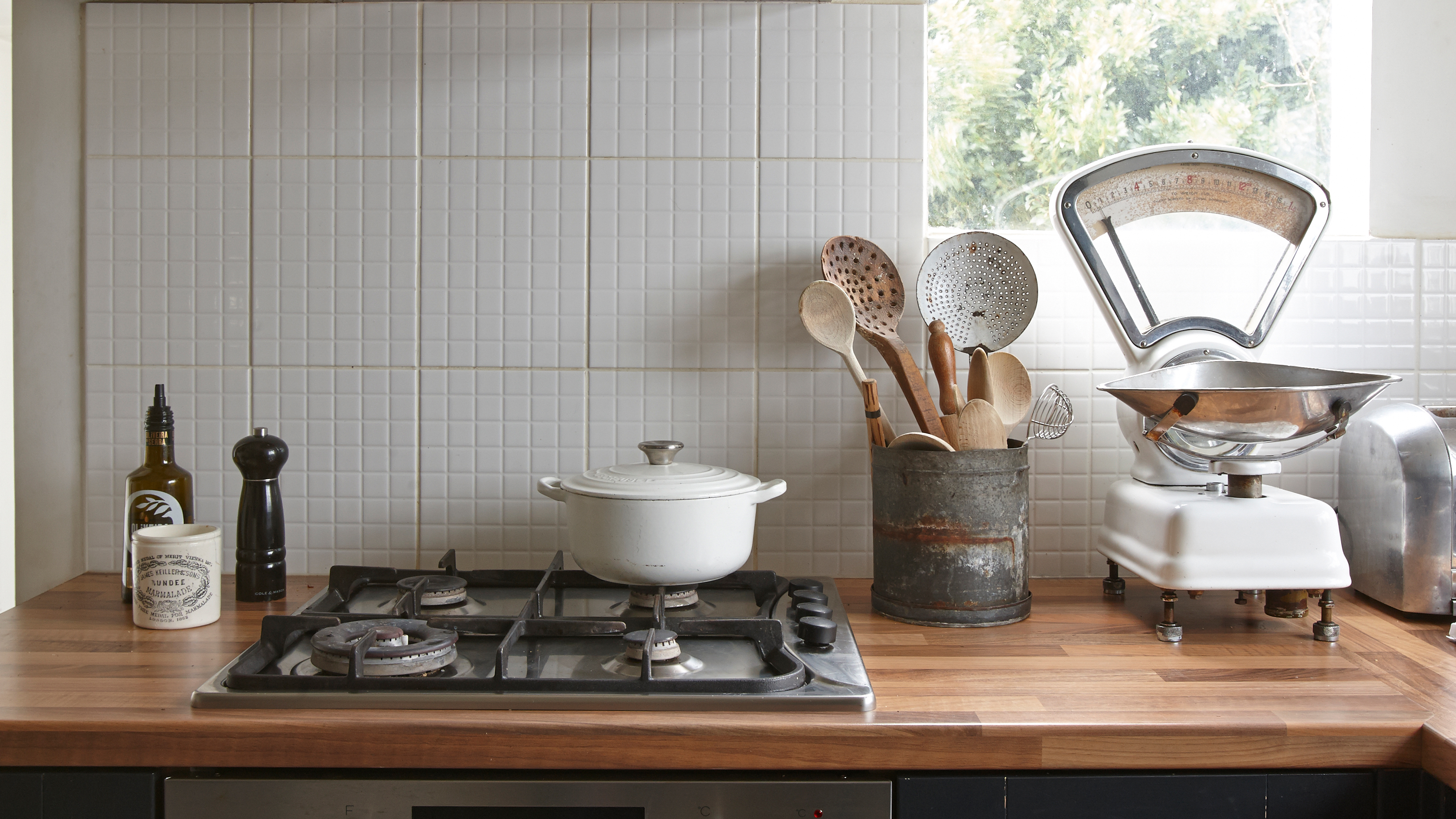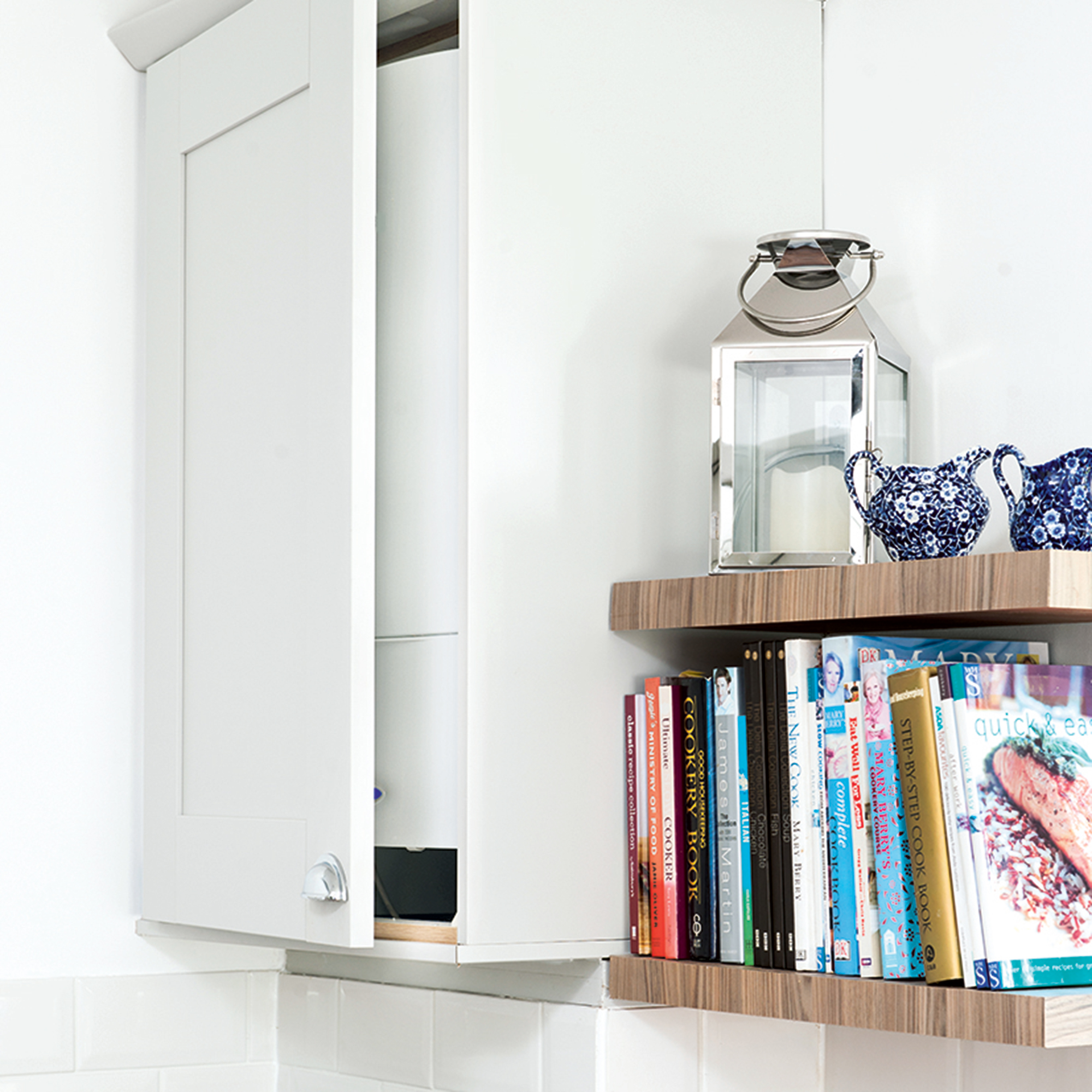Energy price cap January 2025: how much is it going up by and who will be affected?
The energy price cap will rise by 1.2% on 1 January, according to the energy regulator Ofgem

Samantha Partington

Sign up to our newsletter for style inspiration, real homes, project and garden advice and shopping know-how
You are now subscribed
Your newsletter sign-up was successful
This article has been updated to reflect the latest energy price cap announcement from Ofgem, the energy regulator.
A new energy price cap has been announced, but it can be complicated to get your head around what the cap actually is, what it means for your bills and whether it applies to you.
The cap is set by the energy regulator Ofgem, who has announced that the energy price cap will rise by 1.2% in January 2025, which means an £21 increased in average annual energy bills across England, Wales and Scotland.
The price cap is reviewed every three months and can go up or down. Since it's introduction in January 2019, the cap has fluctuated from a low of £1,042 in October 2022, to an eye-watering £4,279 in January 2023. Although we are well below this peak right now, any increase understandably causes households to worry about how to keep a house warm in the winter.

What is the energy price cap and who does it apply to?
Until 31 December 2024, the energy price cap is set at £1,717, but it will rise to £1,738 as of 1 January 2025. The cap is set for three months, so Ofgem will announce whether the April 2025 price cap will go up or down towards the end of February 2025.
The energy price cap was introduced in January 2019 and sets a limit on how much energy providers can charge per kilowatt hour (kWh) of energy usage to those on standard variable and default tariffs. The price cap also applies to those on prepayment meters. It was designed to ensure customers pay a fair price for their energy and to protect them from huge bill hikes. If you are on a fixed price tariff, your energy bills will not be impacted by the price cap for the duration of your fixed term.

While the cap is expressed as an average annual figure, based on typical use for those who pay by Direct Debit, it actually applies to the unit prices of gas and electricity. Right now, the average unit price for electricity is 24.5p, but this is rising to 24.86p in January. Similarly, the average price for a unit of gas is currently 6.24p, but this will rise to 6.34p in the new year.
Don't forget that, as well as paying for the energy you use, you also have to pay a daily standing charge for your gas and electric. This will be an average 60.97p per day for electric and 31.65p per day for gas.
Sign up to our newsletter for style inspiration, real homes, project and garden advice and shopping know-how

It is important to note that the price cap is not the maximum amount that you will pay for your energy bill – it's expressed as an annual average based on typical use.
If you have a large draughty home and a big family, it’s likely you will use more than the typical household and so your bills might cost more. On the other hand, if you have a small energy efficient home and are taking steps to reduce how much energy you use, your bill could be lower than the stated caps.

FAQs
How can I keep energy costs as low as possible?
The best way to keep your bill as low as it can be is to reduce how much energy you use at home. This could be drying clothes outside instead of using your tumble dryer, using eco modes on washing machines and dishwashers, replacing light bulbs with energy-saving alternatives and avoiding leaving items on standby.

You could also shop around to see if you can save money by switching to a new supplier for a cheap fixed-rate deal. When energy prices were at their highest, at the peak of the energy crisis, suppliers removed their fixed deals from the market as they couldn't afford to sell energy at such low prices. Now that wholesale energy prices are stabilising, more suppliers start offering fixed-price deals again. Look on a price comparison website like Go.Compare to see what deals might be available to you.
If you do fix your energy prices, you will be protected from any future price cap hikes for the duration of your contract, which is normally 12, 18 or 24 months. However, if the price cap drops during this time, you won't benefit from those savings.
If you can’t afford to pay your energy bills, speak to your supplier, as they may be able to move you on to a cheaper tariff, or offer other assistance depending on your circumstances.

Sarah Handley is Ideal Home’s Renovation Editor. She joined the team full time in September 2024, following three years of looking after the site's home finance content. As well as all things renovation, Sarah also looks after our Home Energy content, which covers all aspects of heating and insulation as well as tips on how homeowners can reduce their energy usage. She has been a journalist since 2007 and has worked for a range of titles including Homebuilding & Renovating, Real Homes, GoodtoKnow, The Money Edit and more.